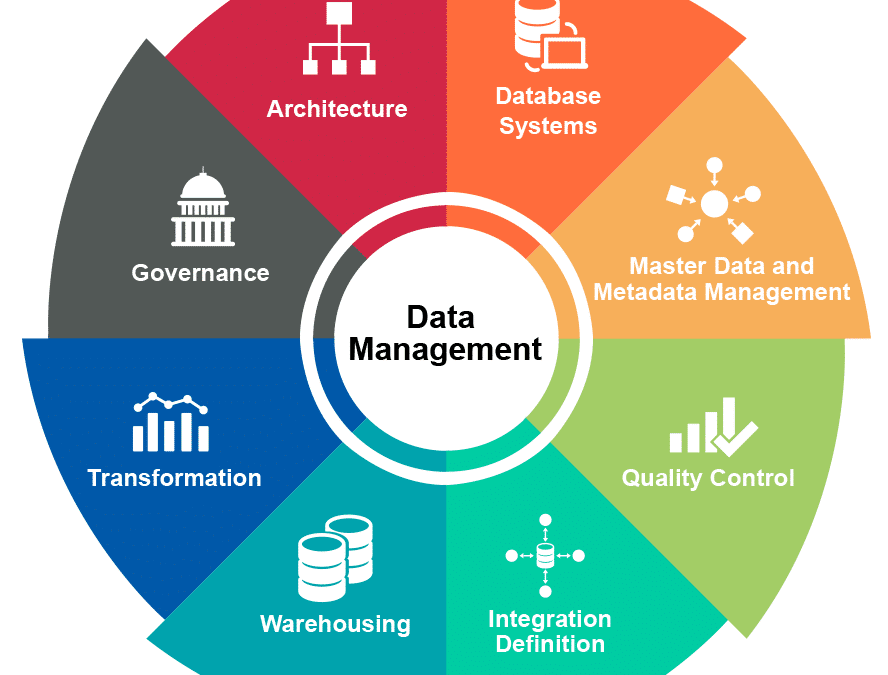Mastering Database Management
: Essential Tips for Effective Data Organisation and Security
Introduction: In the digital age, data has become the lifeblood of businesses. Effective database management is crucial for maintaining data integrity, optimizing performance, and ensuring robust security measures. In this blog, we will explore the key aspects of database management and provide practical tips for businesses to streamline their data operations and enhance overall efficiency.

- Understanding Database Management: We’ll start by discussing the importance of database management and its role in data-driven decision making. We’ll explore the different types of databases, such as relational and NoSQL, and delve into the core concepts, including data modeling, schema design, and indexing.
- Efficient Data Organization: Organizing data in a logical and structured manner is essential for efficient database management. We’ll cover topics like data normalization, denormalization, and data hierarchy to help you optimize data storage, improve query performance, and simplify data retrieval.
- Data Quality and Integrity: Maintaining data accuracy and integrity is paramount. We’ll explore strategies for data validation, ensuring data consistency, and implementing data quality checks. Additionally, we’ll discuss techniques to handle data anomalies, duplicates, and data cleansing.
- Performance Optimization: Database performance directly impacts overall system efficiency. We’ll provide insights into query optimization, indexing strategies, and caching techniques to enhance query speed and minimize resource usage. We’ll also discuss database tuning and monitoring to proactively identify and resolve performance bottlenecks.
- Database Security: Protecting sensitive data is crucial in the digital landscape. We’ll delve into database security best practices, covering aspects like access controls, user authentication, encryption, and backup and recovery strategies. We’ll also address common security threats and mitigation measures to safeguard your valuable data assets.
- Scalability and Growth: As your business evolves, your database needs to scale alongside it. We’ll explore scalability options, including horizontal and vertical scaling, sharding, and replication. We’ll also discuss considerations for data migration and expansion to support your growing business requirements.

Conclusion: Effective database management is a cornerstone of successful data-driven businesses. By mastering data organization, ensuring data quality and integrity, optimizing performance, and implementing robust security measures, you can unlock the true potential of your database. Embrace these essential tips and elevate your database management practices to drive better insights, enhance productivity, and achieve long-term success.
Stay tuned for more insights and tips on database management!




